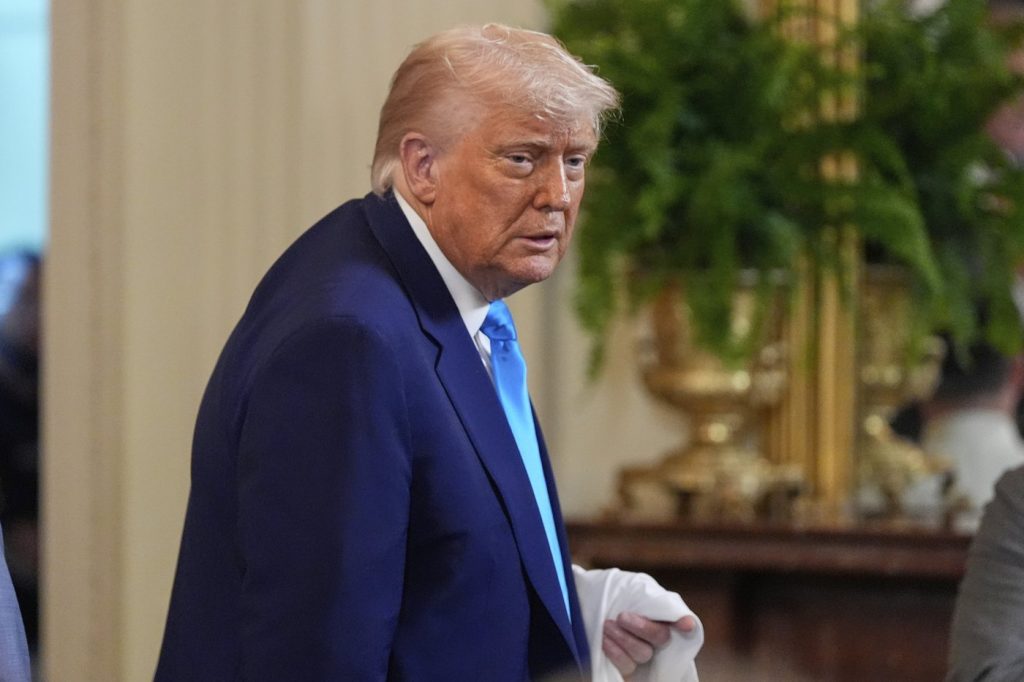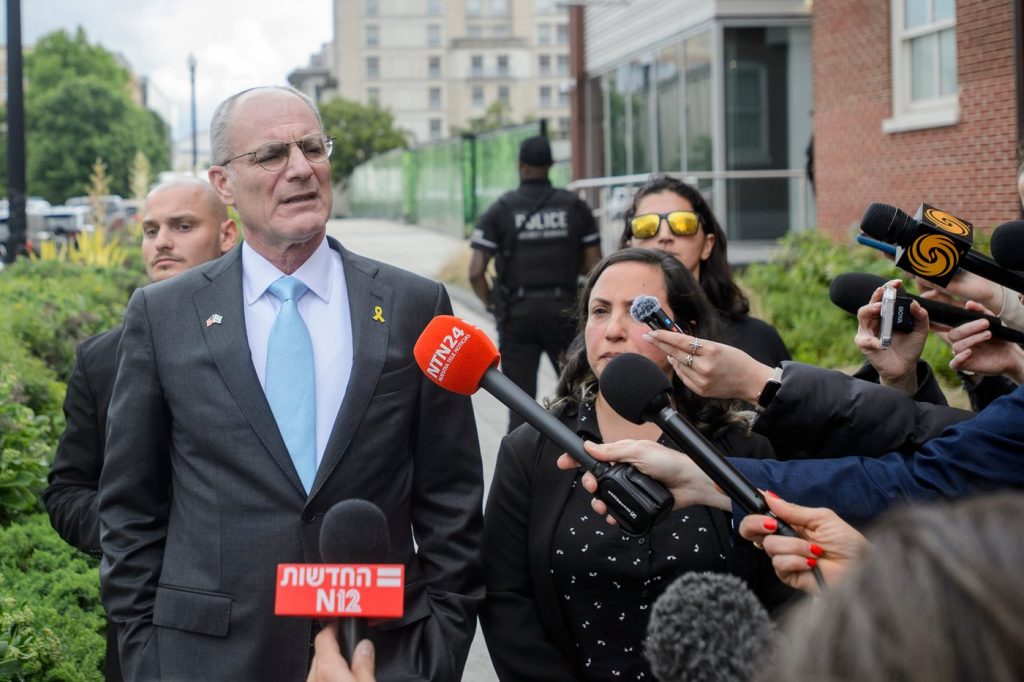On Thursday, a federal judge in Boston issued a ruling that blocked President Donald Trump's executive order aimed at dismantling the Education Department. The judge's decision also mandated the reinstatement of approximately 1,300 employees who were terminated during mass layoffs. The Trump administration has indicated that it will appeal the ruling.
U.S. District Judge Myong Joun granted a preliminary injunction halting the plans announced in March that sought to achieve Trump's goal of shutting down the department. This ruling serves as a significant setback for one of the Republican president's campaign promises and comes in response to two consolidated lawsuits that argued Trump's plan represented an unlawful closure of the Education Department.
The lawsuits were filed by the Somerville and Easthampton school districts in Massachusetts, alongside the American Federation of Teachers and other educational groups. In addition, a coalition of 21 Democratic attorneys general also filed a separate suit. The plaintiffs contended that the layoffs compromised the department's ability to fulfill its congressional obligations, including essential responsibilities related to special education, financial aid distribution, and enforcing civil rights laws.
In his order, Judge Joun highlighted the severe and irreparable harm that would arise from the uncertainty and delays caused by the layoffs. He described the action as more than just a simple reorganization, asserting that such mass firings could "cripple" the Department of Education.
In response to the ruling, the Trump administration voiced its discontent. Spokesperson Madi Biedermann criticized the judge, labeling him a "far-left" figure who had overstepped his authority by issuing an injunction against lawful efforts intended to make the Education Department more efficient. The administration maintains that the layoffs were not aimed at shutting down the department but rather at improving its operational efficiency.
Following the March 11 announcement that led to the mass firings, the staff of the Education Department has been reduced to approximately half of its original strength of 4,100 employees when Trump first took office. The layoffs included buyouts and the termination of probationary employees, compounding the reduction in workforce.
Skye Perryman, the president and CEO of Democracy Forward, which represents the plaintiffs in the Somerville case, remarked that the ruling effectively blocks the administration from executing what she described as "disastrous mass firings" while the legality of the agency's actions is contested in court.
Randi Weingarten, the president of the American Federation of Teachers, interpreted the decision as a "first step" toward reversing what she referred to as a "war on knowledge" and the undermining of opportunities for students. The administration's claims regarding the layoffs have focused on their supposed efficiency rather than any intent to shutter the agency completely. Trump has publicly expressed a desire to eliminate the Education Department, but it is acknowledged that such a step would require congressional action.
Despite the administrative assurances, the judge's ruling has put a hold on the layoffs and reaffirmed the necessity for the Education Department to maintain its functions and services, especially for the most vulnerable student populations. The developments highlight the ongoing legal and political battles surrounding the future of education policy under the current administration.












